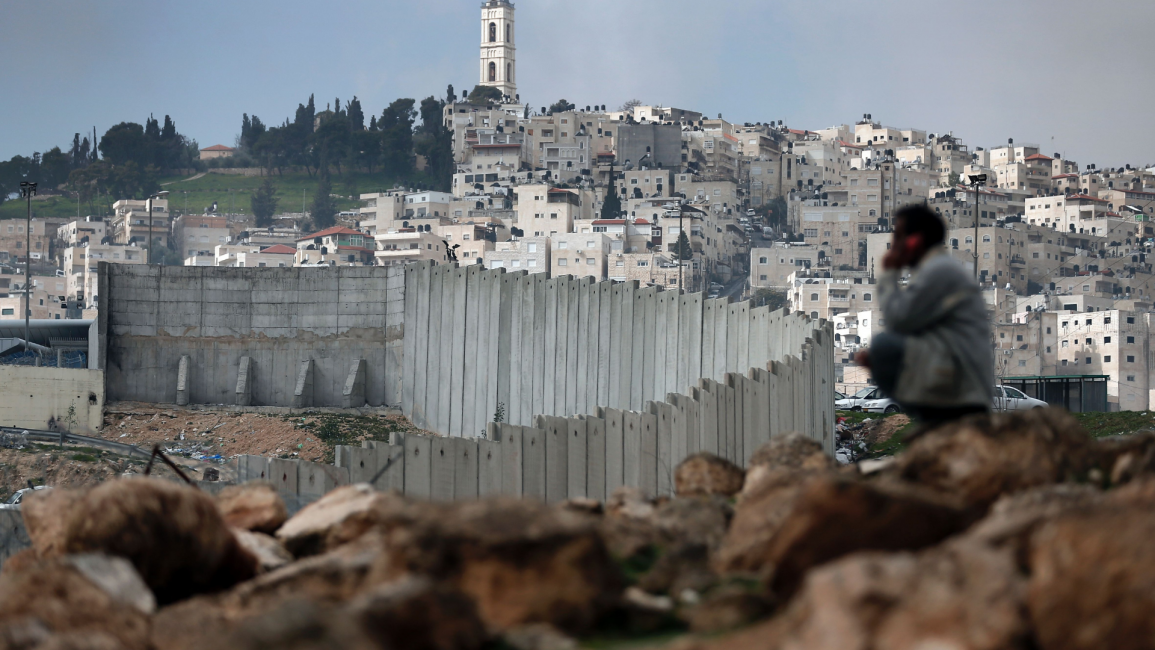Israel approves 9,000 settlement units in Jerusalem despite global outcry
The District Planning and Building Committee said the settlements, due to be erected in Jerusalem, met the requirements for approval.
"The planning and construction committee in their region determined the plan meets the required conditions. This is major progress in a large plan to build 9,000 units," the Israeli Broadcasting Corporation reported on Sunday.
The approval came following a conversation between Israeli Prime Minister Benjamin Netanyahu and outgoing US Secretary of State Mike Pompeo, the report added.
"The project is facing international opposition, especially from the European Union, but also from the new Democrat administration in the United States," the report added.
Israeli settlements are illegal under international law, but are used as a political tool in the country to entrench Israel's hold over the Palestinian territories.
Their construction is a contentious domestic issue in Israel and their expansion is often used to appease right-wing voters.
Last month, the UK deplored the construction of new Israeli settlement units in the occupied West Bank, saying the plan to build over 1,200 units at an illegal site between Jerusalem and Bethlehem is a violation of international law.
Read also: Obama suggests bullying campaign by pro-Israel lobby in new memoir
Israel has occupied the West Bank illegally since 1967, and commits various abuses against Palestinian civilians, human rights groups say.
More than 600,000 Israeli Jews live in settlements in the occupied West Bank and East Jerusalem, in constructions considered illegal under international law.
The Oslo agreement of 1995 divided the occupied West Bank into three zones: Area A, Area B and Area C.
Area A is under the administrative and security control of the Palestinian Authority (PA). Area B's administration is controlled by the PA, with Israel controlling security. Area C is under full administrative and security control of Israel.
Attacks by Israeli settlers on the local Palestinian population in the West Bank are common, added to the stifling conditions of the occupation.
Follow us on Facebook, Twitter and Instagram to stay connected



